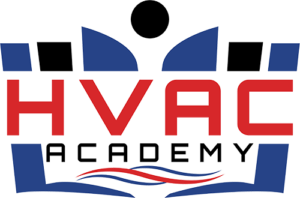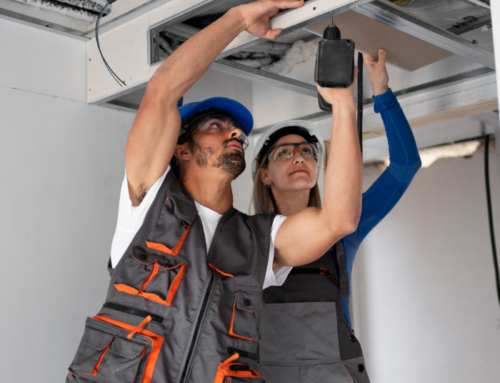In the dynamic field of HVAC (Heating, Ventilation, and Air Conditioning), staying abreast of industry trends and advancements is essential for professionals to maintain their competitive edge and deliver top-notch service to clients. While initial training provides a strong foundation, the importance of continuing education cannot be overstated. In this article, we’ll delve into why ongoing learning and professional development are crucial for HVAC technicians and specialists.
Adapting to Technological Advancements
The HVAC industry is constantly evolving, with new technologies, equipment, and techniques emerging regularly. From innovative heating and cooling systems to advancements in energy efficiency and environmental sustainability, professionals must continually update their knowledge and skills to effectively leverage these developments. Continuing education programs offer opportunities to learn about the latest technologies and how to integrate them into HVAC systems, ensuring technicians can deliver optimal solutions to their clients.
Staying Current with Regulations and Standards
Regulations and standards governing the HVAC industry are subject to change due to evolving environmental concerns, safety protocols, and building codes. HVAC professionals must stay informed about these updates to ensure compliance and uphold the highest standards of quality and safety in their work. Continuing education courses often cover relevant regulations and standards, equipping technicians with the knowledge they need to navigate complex legal requirements and maintain regulatory compliance.
Enhancing Technical Skills and Expertise
HVAC systems are becoming increasingly complex, requiring technicians to possess advanced technical skills and expertise. Continuing education programs offer opportunities to hone existing skills and acquire new ones, whether it’s mastering the installation and maintenance of cutting-edge equipment or refining troubleshooting techniques. By investing in ongoing learning, HVAC professionals can enhance their technical proficiency and provide superior service to their clients.
Expanding Knowledge of Emerging Trends
The HVAC industry is influenced by various factors, including advancements in renewable energy, indoor air quality concerns, and smart building technologies. Professionals who engage in continuing education gain insights into these emerging trends and their implications for the industry. Whether it’s learning about the integration of solar power in HVAC systems or understanding the latest advancements in air filtration technology, staying informed about emerging trends enables technicians to anticipate future needs and adapt their skills accordingly.
Building Professional Credibility and Trust
Clients expect HVAC professionals to possess up-to-date knowledge and expertise to address their heating and cooling needs effectively. By pursuing continuing education opportunities, technicians demonstrate their commitment to professional growth and excellence. This commitment not only enhances their credibility in the eyes of clients but also fosters trust and confidence in their abilities to deliver exceptional service.
Continuing education plays a pivotal role in the success and longevity of HVAC professionals’ careers. By embracing ongoing learning and professional development, technicians and specialists can stay updated with industry trends and advancements, maintain regulatory compliance, enhance technical skills, and build credibility with clients. In a rapidly evolving industry like HVAC, the pursuit of knowledge is not just beneficial—it’s essential for professional growth and excellence.
Register for our HVAC Technician Training Program for a brighter future ahead. Contact us.






Leave A Comment